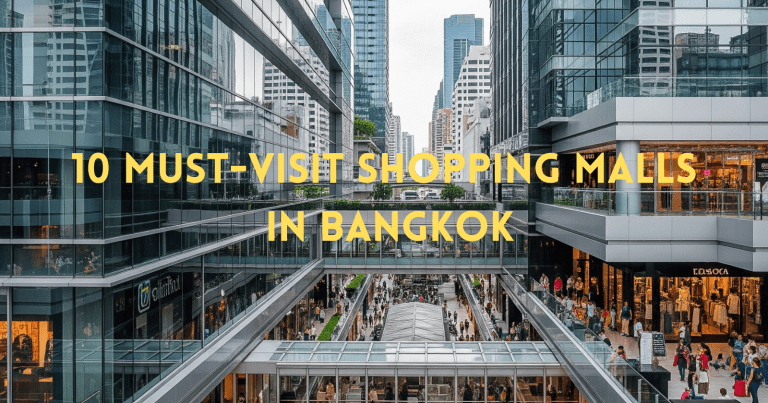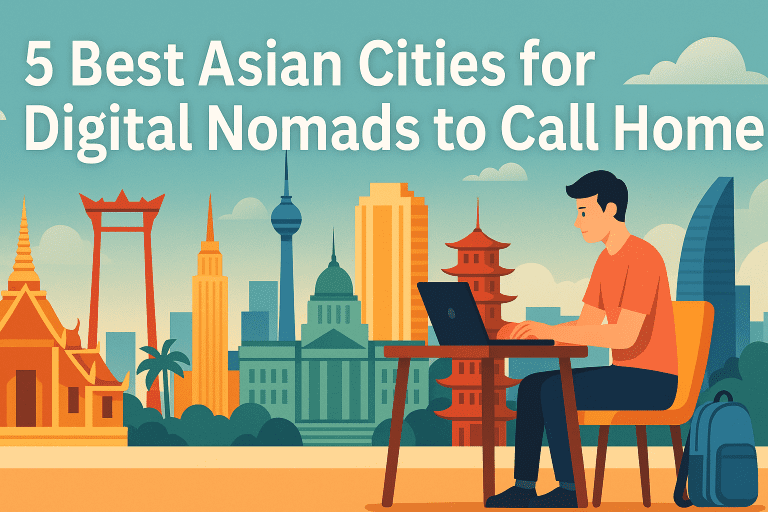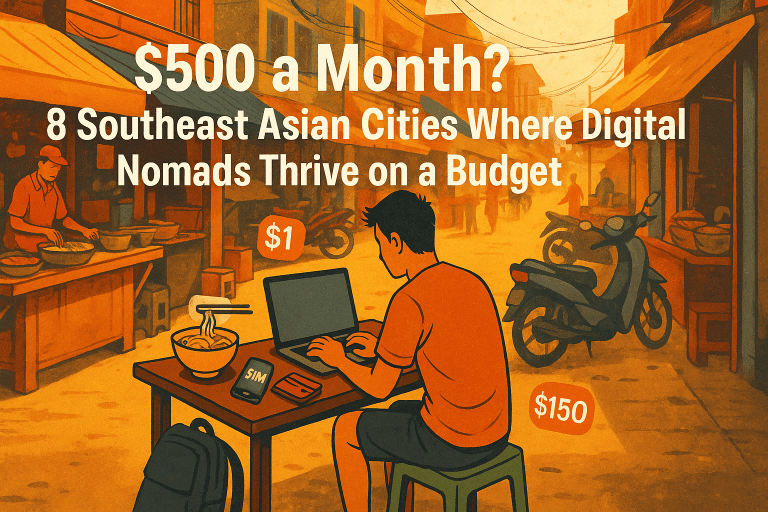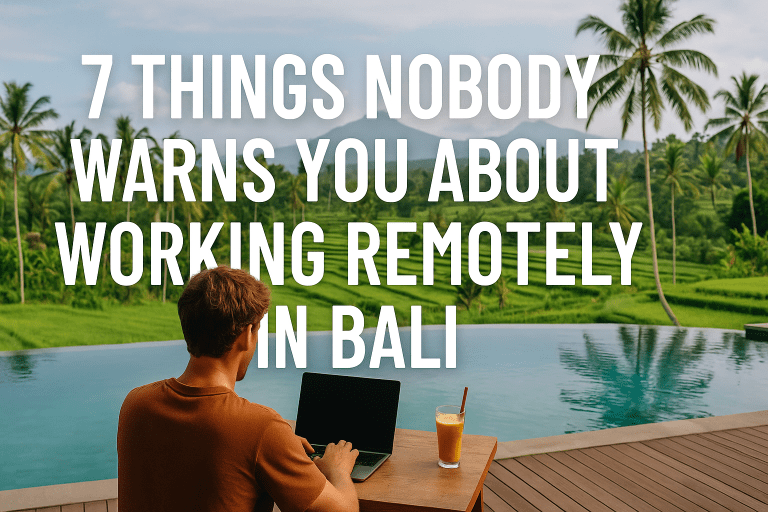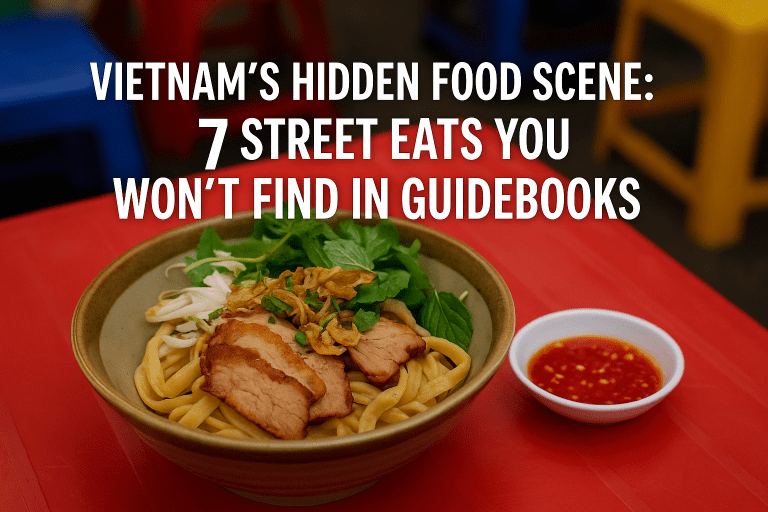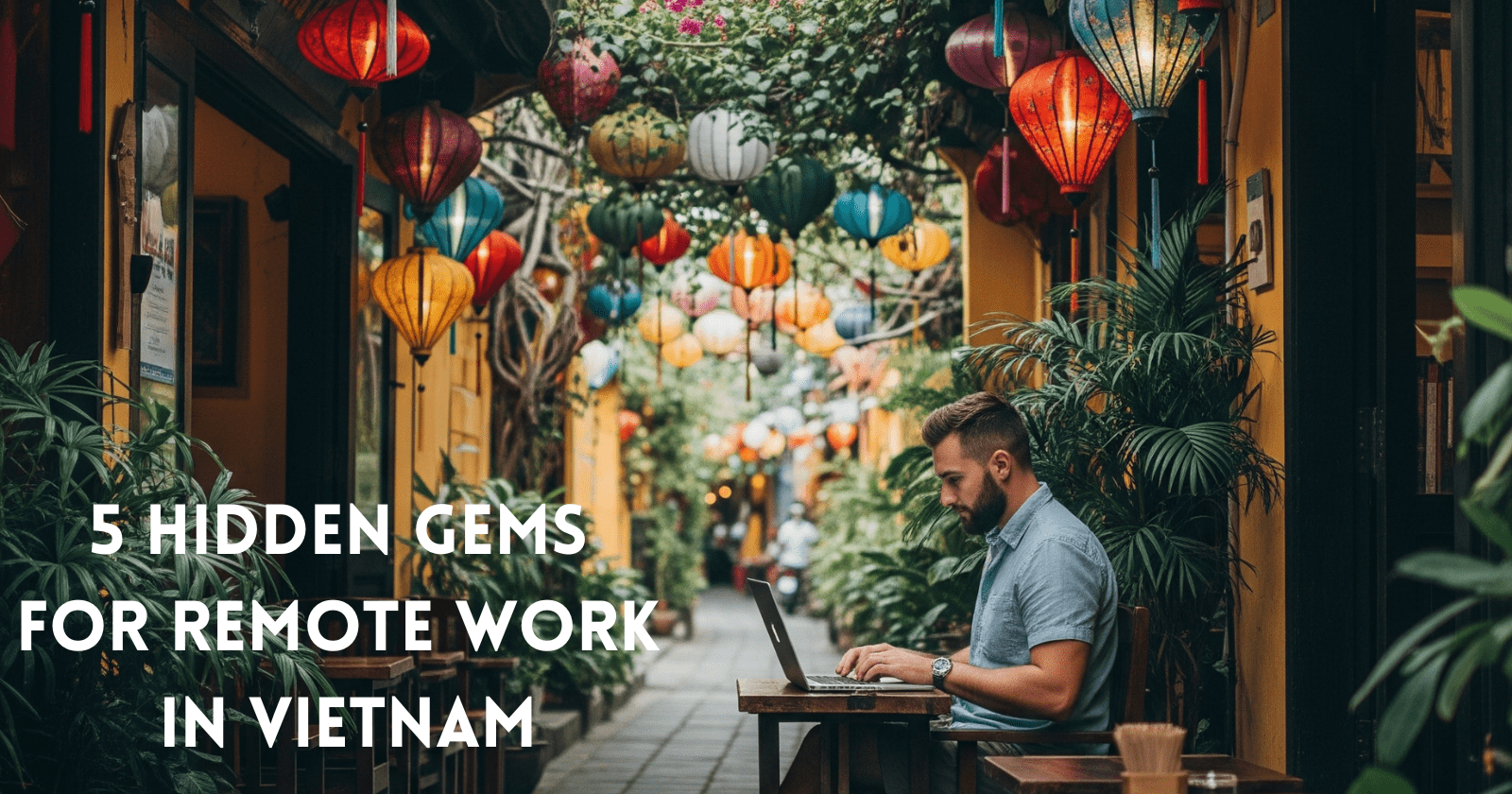
Finding your ideal remote work base in Asia can feel like navigating a crowded marketplace. The popular spots – Bangkok, Bali, Chiang Mai – are well-trodden, offering established infrastructure but sometimes lacking that sense of discovery or quiet affordability you might seek. If you’re looking at Vietnam, the same applies; Hanoi, Ho Chi Minh City, and Da Nang are great, but what about the places fewer nomads have charted? This is a common pain point: how to find those under-the-radar locations that offer a practical balance of livability, connectivity, and affordability, without sacrificing the unique cultural immersion Vietnam offers.
Having spent six months living and working remotely across Vietnam, I sought out these very places. My goal was to understand not just where looks pretty on Instagram, but where actually works for the practical demands of a remote professional: reliable internet, reasonable costs, access to amenities, and a local environment conducive to both focus and well-being. This article distills that experience, revealing five hidden gems for remote work in Vietnam – towns I discovered that offer a compelling alternative to the major hubs. You’ll gain concrete insights into estimated costs, internet reliability, the nature of their expat/nomad communities (or lack thereof), and the practical realities of basing yourself there.
Why Look Beyond the Major Cities in Vietnam?
Vietnam’s big cities are dynamic, offering extensive coworking spaces, diverse dining, and large expat communities. However, they often come with higher price tags for accommodation, intense traffic, and sometimes a pace of life that can be distracting when your primary goal is work. Smaller towns, particularly those not yet on the main digital nomad circuit, can offer a lower cost of living, a slower pace, less pollution, and a deeper connection with local life. They represent a different kind of remote work experience – one that prioritizes tranquility and local immersion over bustling urban convenience.
Based on my time exploring, these smaller locales present a different set of considerations. While you might save significantly on rent and food, you might encounter more challenges with English proficiency, accessing specific imported goods, or finding a ready-made community of fellow remote workers. The internet, while generally improving across Vietnam, can be more variable. Understanding these trade-offs is crucial for making an informed decision about where to base yourself.
Ninh Binh: The “Halong Bay on Land” Alternative
Ninh Binh Province, particularly the area around Tam Coc and Trang An, offers breathtaking karst landscapes reminiscent of Halong Bay, but inland. While popular with tourists for day trips or short stays, few remote workers seem to consider settling here long-term. Yet, it presents a surprisingly viable option if you value natural beauty and a peaceful environment.
The primary town is Ninh Binh city itself, which is functional but not particularly charming. The more attractive areas for potential remote workers are the smaller villages and guesthouse clusters near Tam Coc or Trang An. Here, you’ll find homestays and guesthouses offering monthly rates. Expect to pay anywhere from 4,000,000 VND to 8,000,000 VND (approx. $160 – $320 USD) per month for a simple room with a private bathroom. Food costs are significantly lower than in big cities; local restaurants offer meals for 30,000 – 50,000 VND ($1.20 – $2 USD). Your total estimated monthly cost of living, including rent, food, utilities, and a bit of local transport, could realistically fall between 8,000,000 VND and 12,000,000 VND (approx. $320 – $480 USD). This positions it firmly among the Southeast Asian cities where digital nomads thrive on a budget, albeit Ninh Binh is a town rather than a major city.
Internet connectivity was a pleasant surprise. Most guesthouses in the tourist-focused areas had stable fiber optic connections suitable for video calls and general work. Mobile data (4G/5G) on major carriers like Viettel is generally excellent across the main tourist areas and Ninh Binh city. While there are no dedicated coworking spaces, many cafes offer decent Wi-Fi. The expat and nomad community is minimal to non-existent for long-term stays. You are likely to be interacting mostly with locals and short-term tourists. This can be ideal if you prefer solitude and local immersion, but challenging if you rely on a peer network.

Pleiku: Central Highlands Calm
Venturing into Vietnam’s Central Highlands offers a completely different climate and culture. Pleiku, the capital of Gia Lai province, is a bustling provincial city but feels far removed from the coastal or major southern/northern routes. It’s cooler year-round, surrounded by coffee plantations, and offers a glimpse into the lives of ethnic minority groups. It’s certainly not on the typical tourist trail, let alone the nomad map.
Accommodation in Pleiku is very affordable. You can find apartments or spacious rooms in guesthouses for 3,000,000 VND to 6,000,000 VND (approx. $120 – $240 USD) per month. Food is also inexpensive, with local markets and eateries dominating the scene. Your monthly living expenses could easily be in the range of 7,000,000 VND to 10,000,000 VND (approx. $280 – $400 USD). This affordability is a major draw.
Internet here is generally reliable, especially in the city center. Fiber optic internet is standard in most residential buildings and cafes. Mobile data coverage is also strong. Finding cafes to work from is easy, though they cater primarily to locals and may not have power outlets optimized for laptop users everywhere. The expat community in Pleiku is very small, consisting mainly of teachers or NGO workers. A dedicated digital nomad community is virtually non-existent. Building a social circle would require proactively engaging with locals or other long-term foreign residents, which can be challenging due to language barriers but rewarding for cultural exchange.
“If you want to live a life that is creative, in tune with your own highest capabilities and calling, you must at the same time be willing to say yes to solitude.”
Hesse’s words resonate here; choosing a place like Pleiku often means embracing solitude alongside creative work.
Quy Nhon: Coastal Charm Without the Crowds
Most remote workers heading to Vietnam’s coast opt for Da Nang, Nha Trang, or Mui Ne. Quy Nhon, further south on the central coast, offers beautiful beaches and a laid-back atmosphere without the overdevelopment found elsewhere. It’s a provincial capital but maintains a relaxed, small-town feel along its coastline.
Accommodation options range from small guesthouses to apartments overlooking the sea. Expect to pay between 5,000,000 VND and 10,000,000 VND (approx. $200 – $400 USD) per month for a decent place, depending on proximity to the beach and amenities. Food costs are reasonable, with fresh seafood being a highlight. Daily meals can cost around 40,000 – 70,000 VND ($1.60 – $2.80 USD). A comfortable monthly budget, including rent, food, and essentials, would likely fall between 10,000,000 VND and 15,000,000 VND (approx. $400 – $600 USD).
Internet in Quy Nhon is reliable in the main city areas and along the coast. Fiber optic is common. Numerous cafes have good Wi-Fi, many with sea views that can be incredibly motivating. While there isn’t a large established expat or nomad community, there are small pockets of foreigners, often drawn by the relaxed lifestyle or teaching opportunities. Connecting with them might involve joining local Facebook groups or frequenting spots known to attract foreigners, though these are few. It requires more proactive effort than in places with a large nomad scene.
Da Lat: Eternal Spring in the Mountains
Already relatively well-known domestically as a romantic getaway, Da Lat in the Central Highlands offers a unique climate (always cool and spring-like) and French colonial architecture. While it sees many Vietnamese tourists, its appeal to international remote workers is still growing but remains modest compared to coastal cities. It provides a distinctly different vibe – think pine forests, lakes, and cool evenings.
Living costs in Da Lat are moderate. Rent for a room or small apartment can range from 4,000,000 VND to 8,000,000 VND (approx. $160 – $320 USD) per month, though prices can fluctuate during peak Vietnamese holiday seasons. Food is affordable, with many local eateries and a famous night market. Expect to spend around 9,000,000 VND to 14,000,000 VND (approx. $360 – $560 USD) per month for all living expenses.
Internet is generally good in Da Lat, particularly in the main tourist zones and city center. Many cafes are specifically set up for people to linger, making them suitable for working. Mobile data is strong. While there’s a small community of long-term expats, the digital nomad scene is not as prominent as one might expect given the town’s appeal. It attracts a mix of short-term travelers and those teaching English. Finding your tribe might take time and active participation in local activities or online groups dedicated to foreigners in Da Lat.
Dong Hoi: Gateway to Phong Nha-Ke Bang
Dong Hoi, the capital of Quang Binh province, serves primarily as the gateway city for visitors heading to the spectacular Phong Nha-Ke Bang National Park, home to some of the world’s largest caves. The city itself is coastal but has a distinctly local feel, much less geared towards international tourism than cities further south. It offers a quiet, authentic slice of Vietnamese life near incredible natural wonders.
Cost of living in Dong Hoi is very low. Monthly rent for a room or small house could be as low as 3,000,000 VND to 6,000,000 VND (approx. $120 – $240 USD). Food is inexpensive and fresh, especially seafood. A total monthly budget could be in the range of 7,000,000 VND to 11,000,000 VND (approx. $280 – $440 USD).
Internet reliability in Dong Hoi is generally good in the city center and improving. Fiber optic internet is available in many residential areas and cafes. Mobile data works well. There are very few cafes specifically geared towards laptop work, but many local spots offer Wi-Fi. The expat and nomad community is almost non-existent outside of people working directly in the Phong Nha tourism industry (and they are based closer to the park entrance, not typically in Dong Hoi city). This is a location for those who are truly comfortable being immersed in a local environment and are highly self-sufficient.
“The world is a book and those who do not travel read only one page.”
Choosing these lesser-known pages of Vietnam offers a deeper read on the country, albeit with practical challenges.
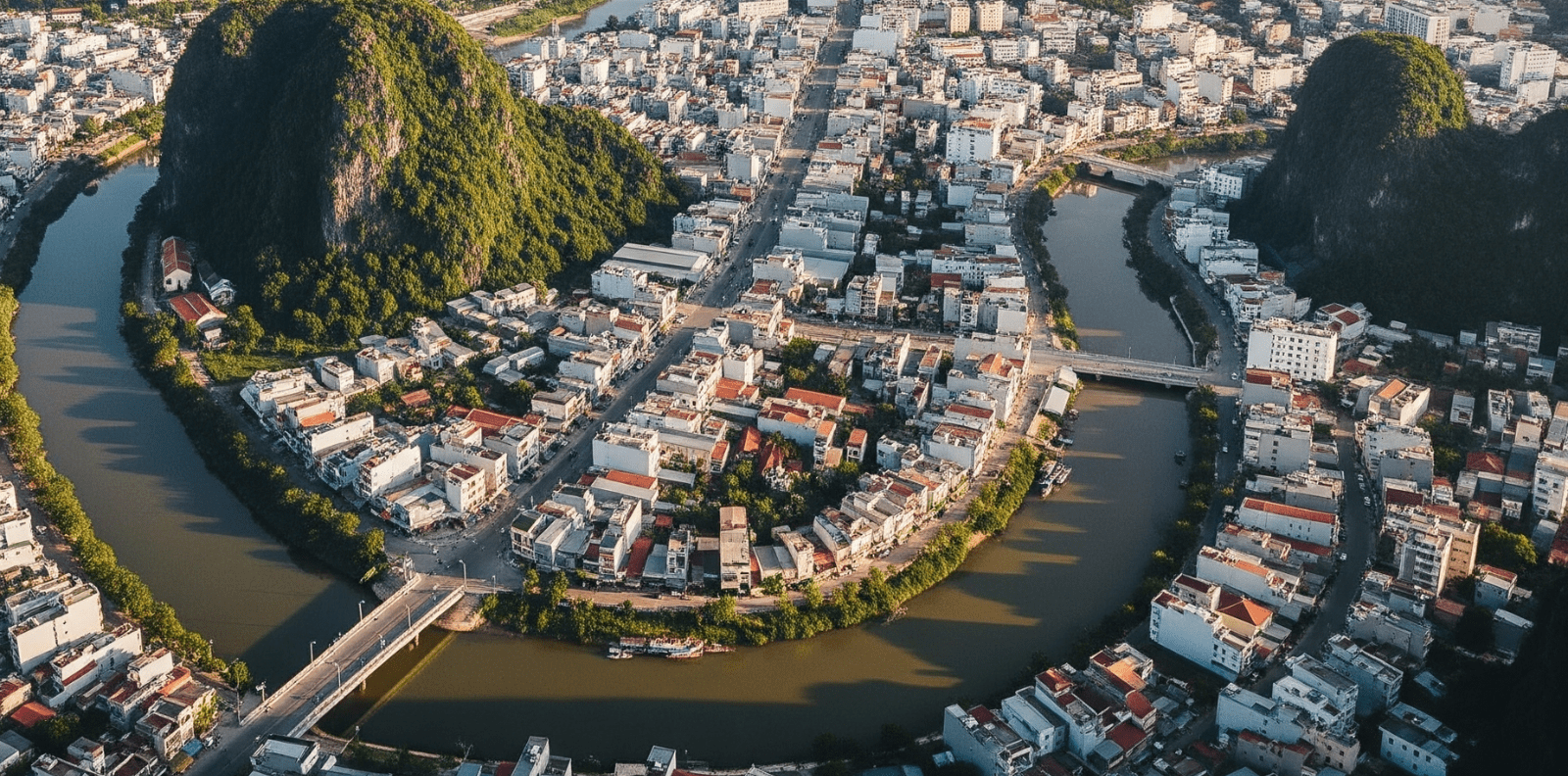
Addressing the Realities and Challenges
While the lower costs and unique environments of these hidden gems are appealing, it’s crucial to be realistic about the challenges. English is far less commonly spoken than in major tourist hubs. Basic Vietnamese phrases are essential for daily life, from ordering food to dealing with landlords or sorting out utilities. Google Translate is your friend, but effort on your part goes a long way.
Bureaucracy can be a hurdle. Visa processes, while often standard, might involve more confusion or difficulty finding English speakers in smaller provincial offices if issues arise. For long-term stays, visa runs or extensions are common realities, and navigating this from a smaller town might require travel back to a larger city or careful planning with agents.
Healthcare access is another point to consider. While these towns have hospitals and clinics, the standard may not be comparable to international facilities in Hanoi or HCMC. For serious issues, you would likely need to travel. Comprehensive travel insurance is non-negotiable when basing yourself in these areas.
Finding a community can be genuinely difficult. If you thrive on social interaction with fellow nomads or expats, these locations require significant proactive effort. This could mean joining language exchange groups (often involving Vietnamese learning English), connecting with the very small existing expat community, or simply embracing more solitary pursuits. Loneliness can be a real issue if not prepared.
Setting up practical infrastructure like banking might require using online-only banks or having an account with a major Vietnamese bank (like Vietcombank) opened in a larger city before moving. SIM cards and mobile data packages are widely available and affordable everywhere in Vietnam, which is a major plus for staying connected.
While staying near Tam Coc, my internet connection at the guesthouse suddenly became unstable for a few days right before a critical video call. The guesthouse owner didn’t speak English, and my basic Vietnamese wasn’t enough to explain the technical issue. Instead of getting frustrated, I used Google Maps to find the nearest cafe with good reviews for Wi-Fi (a tip I always follow), packed up my laptop, and worked from there for a couple of afternoons until the guesthouse issue was resolved. It highlighted the need for backup plans and resourcefulness when infrastructure isn’t guaranteed.
Safety in these smaller towns is generally very high, often feeling safer than larger cities, particularly regarding petty crime. However, road safety remains a major concern everywhere in Vietnam. Navigating local traffic requires extreme caution.
Finding Your Spot and Staying Prepared
Choosing one of these hidden gems for remote work in Vietnam requires a realistic understanding of what you gain and what you might miss. You gain affordability, unique cultural experiences, and a slower pace of life. You might miss the convenience of extensive Western amenities, large international communities, and guaranteed top-tier infrastructure.
Before committing to a long-term stay, consider visiting for a week or two to assess the internet speed yourself, check out potential long-term accommodation options, and get a feel for the local rhythm. Talk to any long-term residents (expat or local) you might encounter.
Vietnam remains a fantastic country for remote workers, offering incredible value and rich experiences. By looking beyond the obvious choices, you can discover places that align more closely with your personal priorities for cost, environment, and immersion. For further, up-to-date information, always consult official immigration websites for visa requirements, join nomad-focused online forums specific to Vietnam, and look for city-specific expat Facebook groups, even if small, for local insights. The adventure lies in finding the right fit for you.


